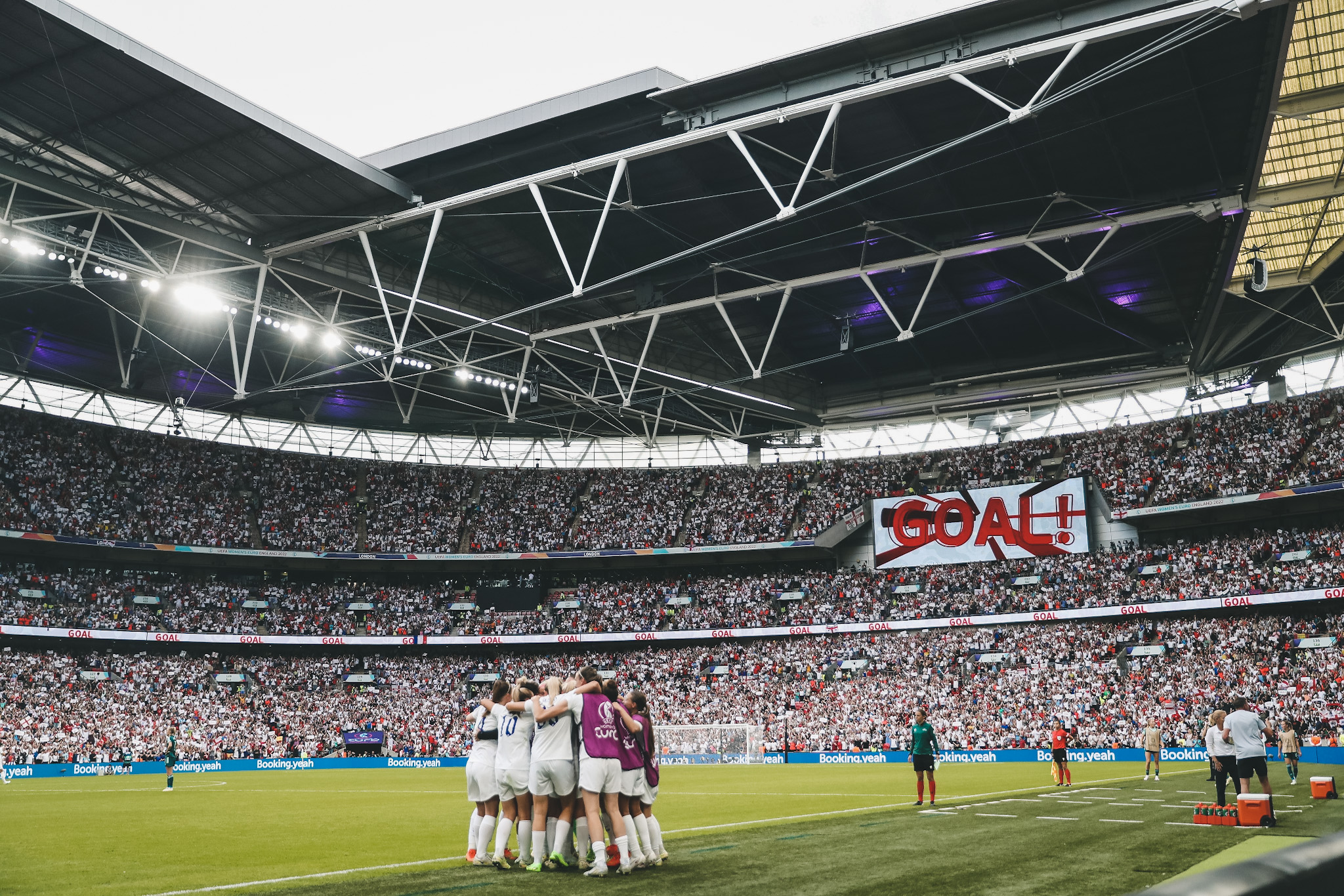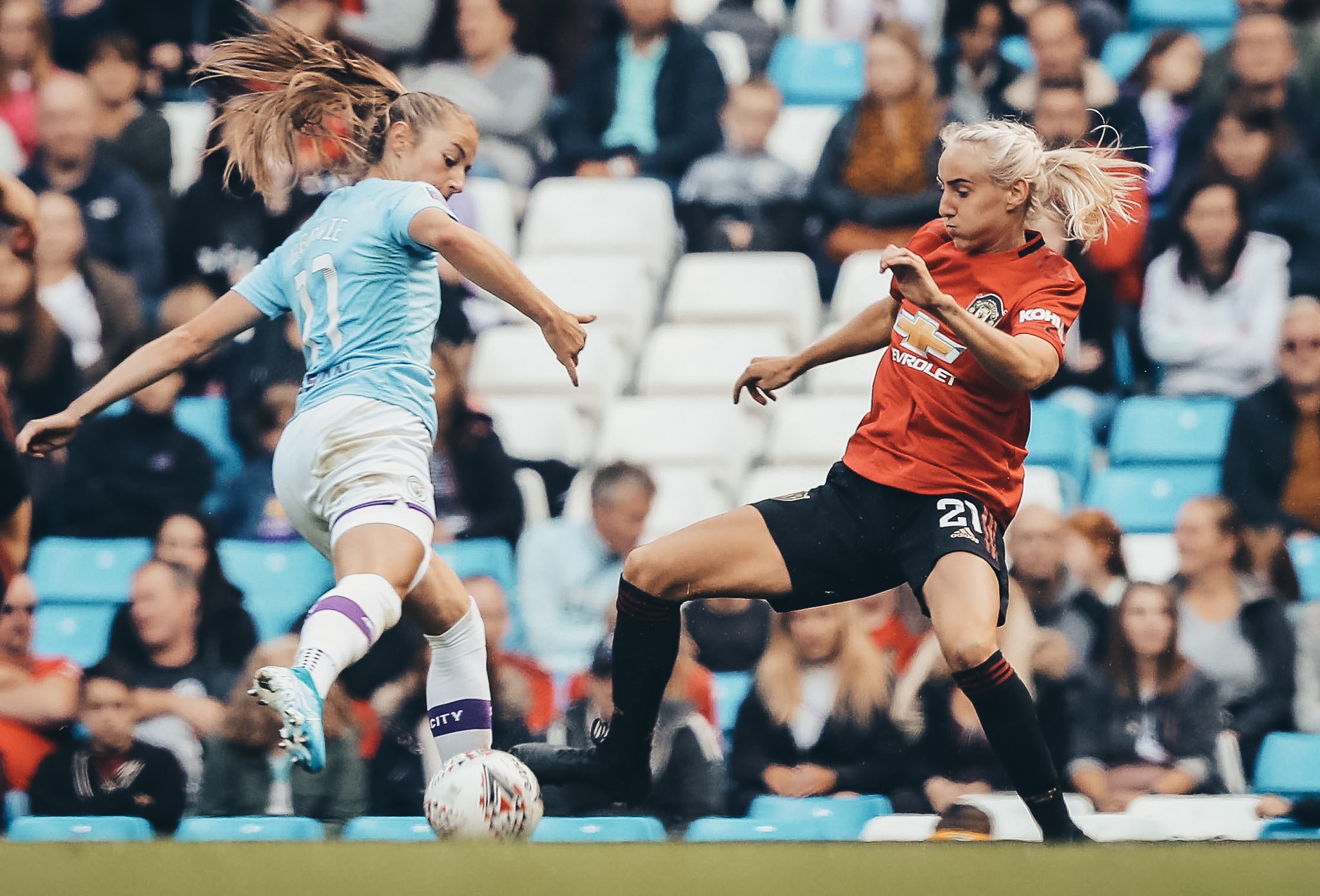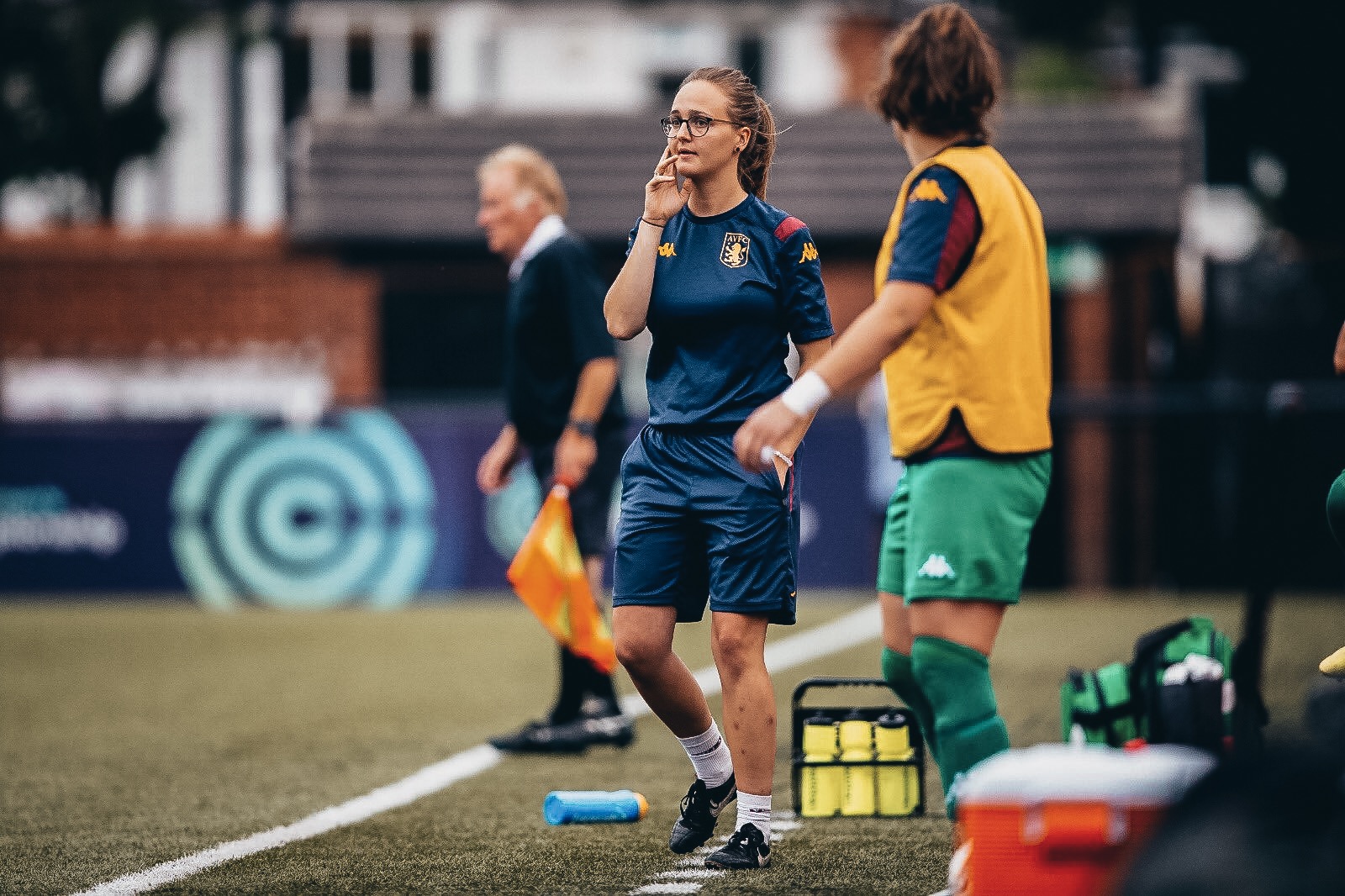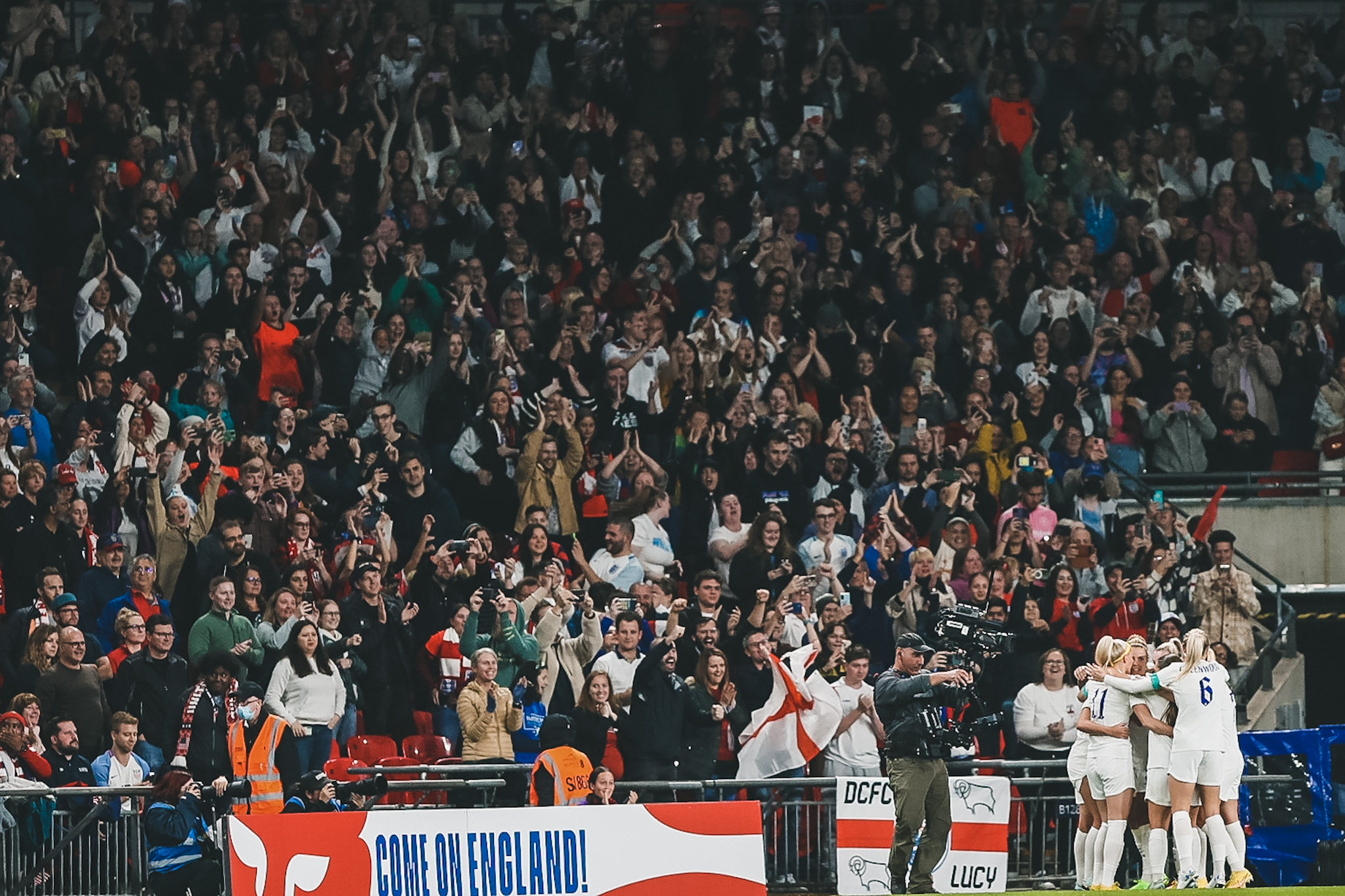So, England just went and did it. They won the Euros on home soil in front of the largest ever recorded crowd for a Euros Final. But more importantly than that, they have inspired thousands of young girls and women to chase their dreams. They are an example of what is possible when hard work and talent combine.
Let’s not forget the brilliance of Sarina Wiegman and her team and what they brought to the table – sheer belief – they were 100 percent behind the players and the end result was perfection for England.
It is for this reason that 100 percent backing should be the bare minimum women demand from their employer, sports manager or whoever.
For too long women in sports have been on the side-lines happy with whatever little column inches, better pitch or extra pitch time they managed to achieve. Past players had to have second and third jobs and there were no real progression steps in the game – now girls can cite professional footballer as a career. Thousands more can see a career in and around the game as a possibility whether that be coaching, media and everything else in between.
All these steps forward were important, but it is no longer good enough for the media, tv outlets, clubs and fans to revert back to type.
Women’s sport sells and it won’t be put back into the neat little box it once existed in.
England’s success should be built on for all women – regardless of the sport, clubs at all levels should be investing, players who left the game could find an amateur side, new fans should check out their local sides and get involved by volunteering, coaching, and investing their money on tickets and shirts etc.
It’s the same with advertising and prize money. Many companies have cashed in on the Women’s Euros, Dominos Pizza for example named a branch in Leeds after Lucy Bronze as the right back worked there when studying at Leeds Metropolitan University. They and other companies need to look at investing money back into the game by sponsoring jerseys for local teams, taking up pitch side sponsorship at WSL home pitches for example.
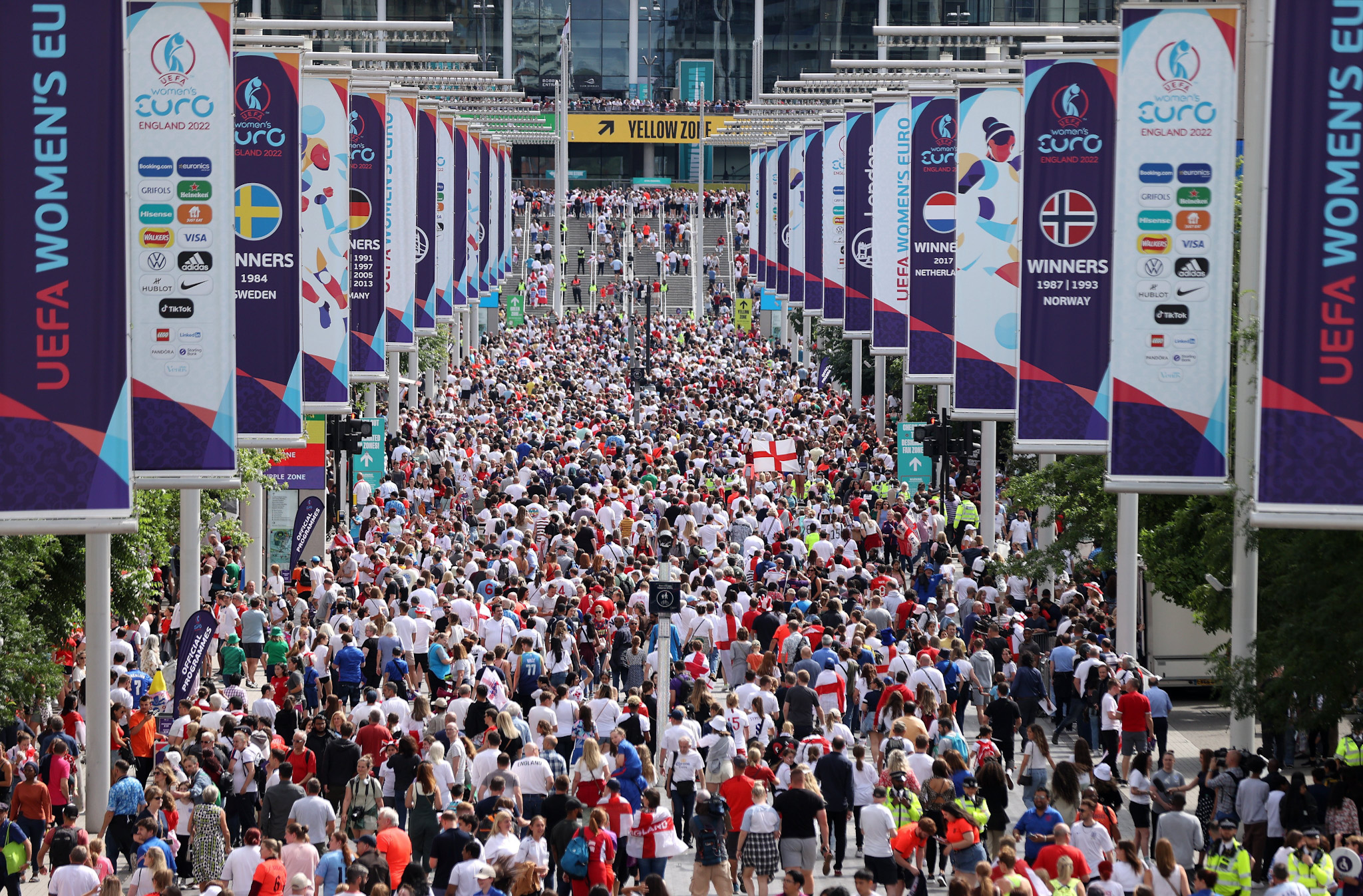
The gender pay gap is also a major issue. All countries in the 2022 Euros were guaranteed a minimum payout of £517,000 and had the potential to pick up more money depending on results:
A win in the group stage: €100,000
A draw in the group stage: €50,000
Reaching the quarterfinals: €205,000
Reaching the semifinals: €320,000
The runners-up: €420,000
The champions: €660,000
So if the nation that won the tournament also win all their group games, like England did they received a total of around £1.8m. While all this is a welcome investment in the teams and the game it still pales in comparison to the men. Wins and draws in the group stage of the men’s Euros in 2020 were worth €1 million ($1.2 million) and €500,000 ($606,000), respectively.
Another €1.5 million ($1.8 million) was allocated for those reaching the Round of 16, with the prize money amounts increasing as teams approached the final at Wembley Stadium in London: €2.5 million ($3 million) for the quarter finals, €4 million ($4.8 million) for the semi finals and €5 million ($6.1 million) for the final.
With the winners Italy taking home an extra €3 million.
Another example is the World Cup were the USA women were awarded significantly less money for winning the 2019 Women’s World Cup than the France team who won the Men’s World Cup in 2018.
In fact, the total prize money awarded to all participating teams in the 2019 World Cup was in the region of £24m, which worked out at 7.5 per cent of the total prize money awarded to the 2018 Men’s champions.
FA Cup and the Champions League are other examples, while the FA recently raised the Women’s FA Cup prize money but it’s still not equal to the men’s.
This needs to be addressed because Sunday proved that fans will turn up, in fact, clubs are already seeing an uptake in season tickets and interest in coming to games and while the proof will be in the pudding once the season kicks off, the equal prize money would be a small step.
Another growth that is required is on social media. The Netherlands and England were two of the few sides who documented the Euros with player-exclusive content online, giving fans an insight behind the scenes. Social media is the stream that the young use with TikTok being the biggest among younger people, this needs to be tapped into so that younger generations know the players and want to watch them on a weekly basis.
Pivotal moments come along every once in a while, it’s what is made of them that makes a legacy. This chance can’t be lost for women’s sport; the players and fans deserve better.





